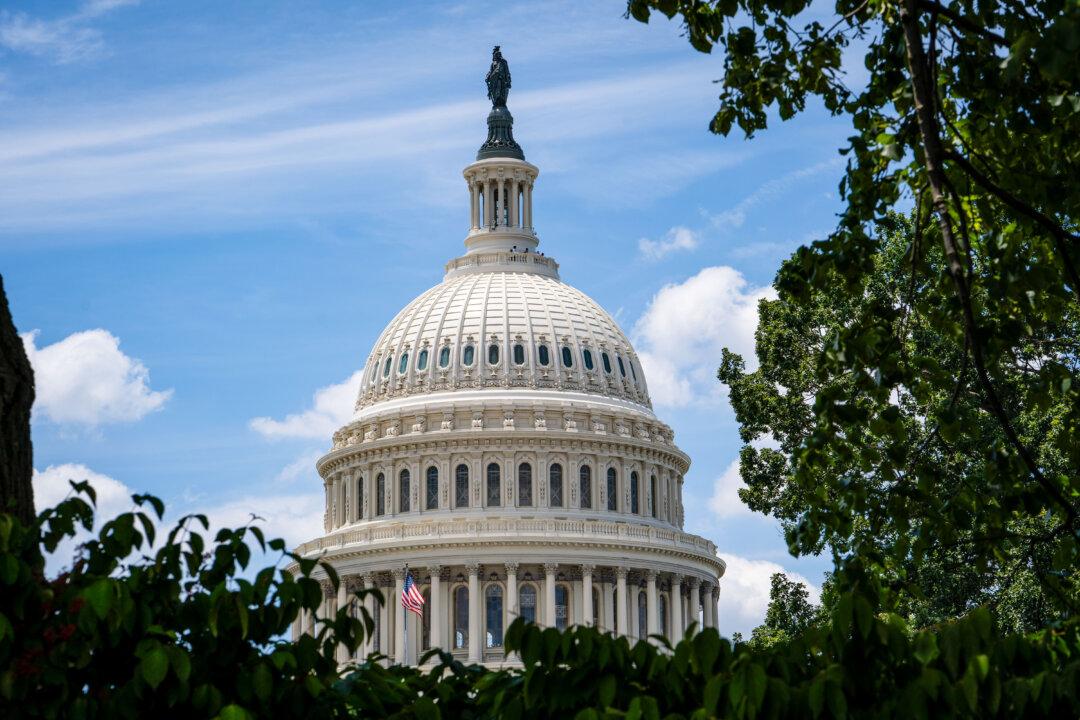WASHINGTON—The House of Representatives on June 11 failed to pass a $7 billion spending measure to fund part of the government for fiscal year 2025 after a number of Republican members voted against it, in a setback for House Speaker Mike Johnson (R-La.) and other GOP leadership.
The Republican-backed Legislative Branch Appropriations Act of 2025 failed by a vote of 205–213.





